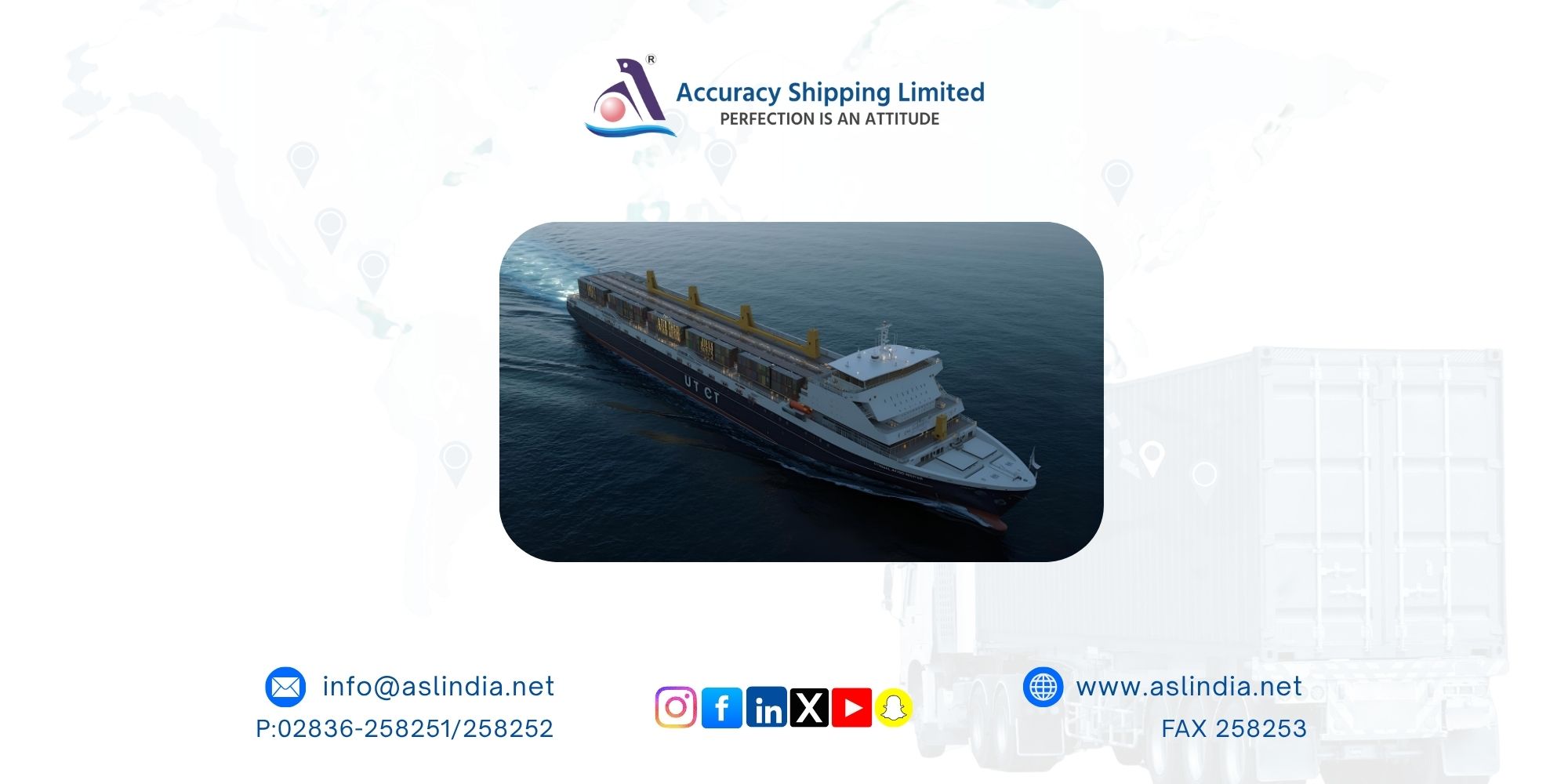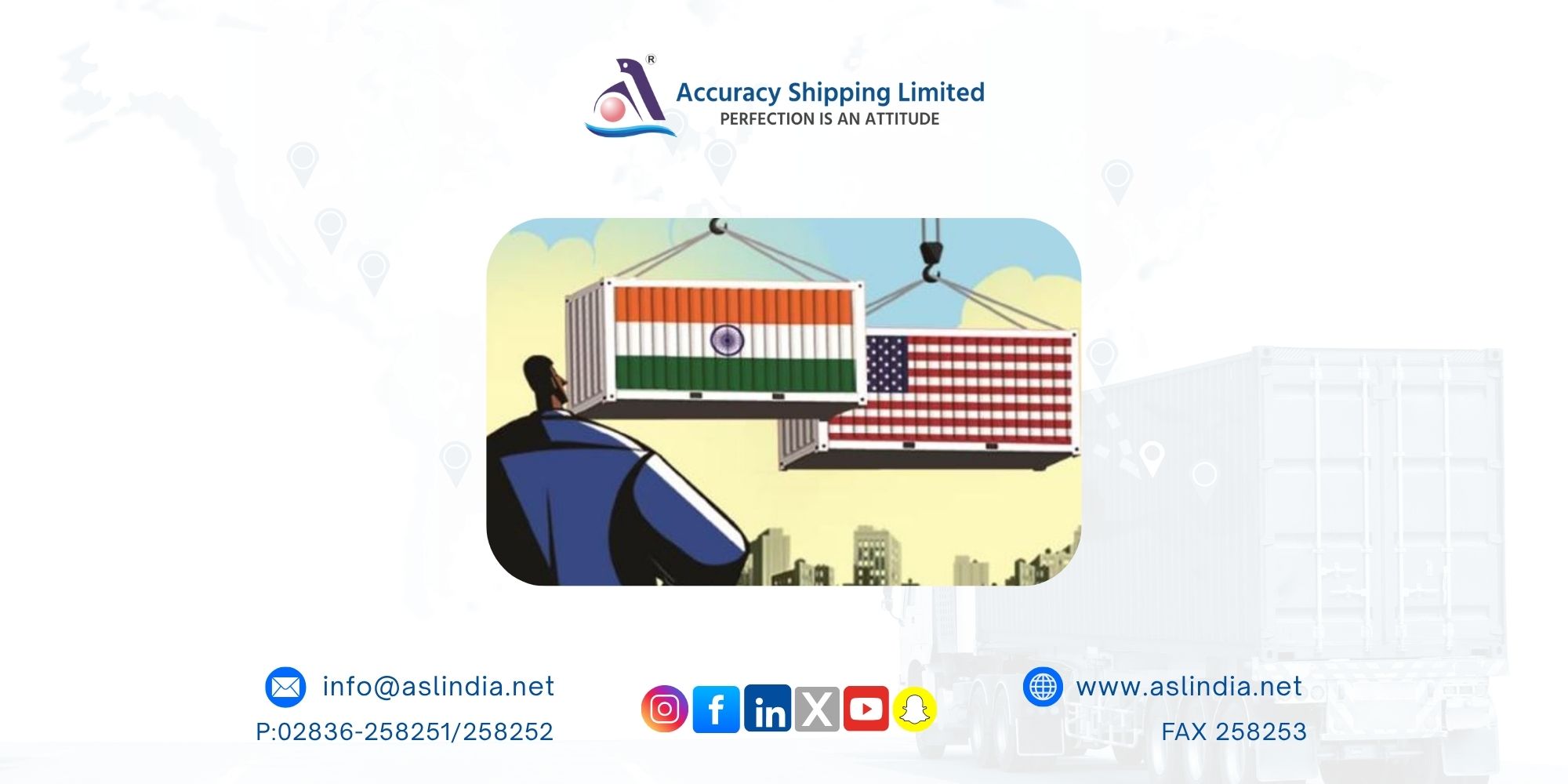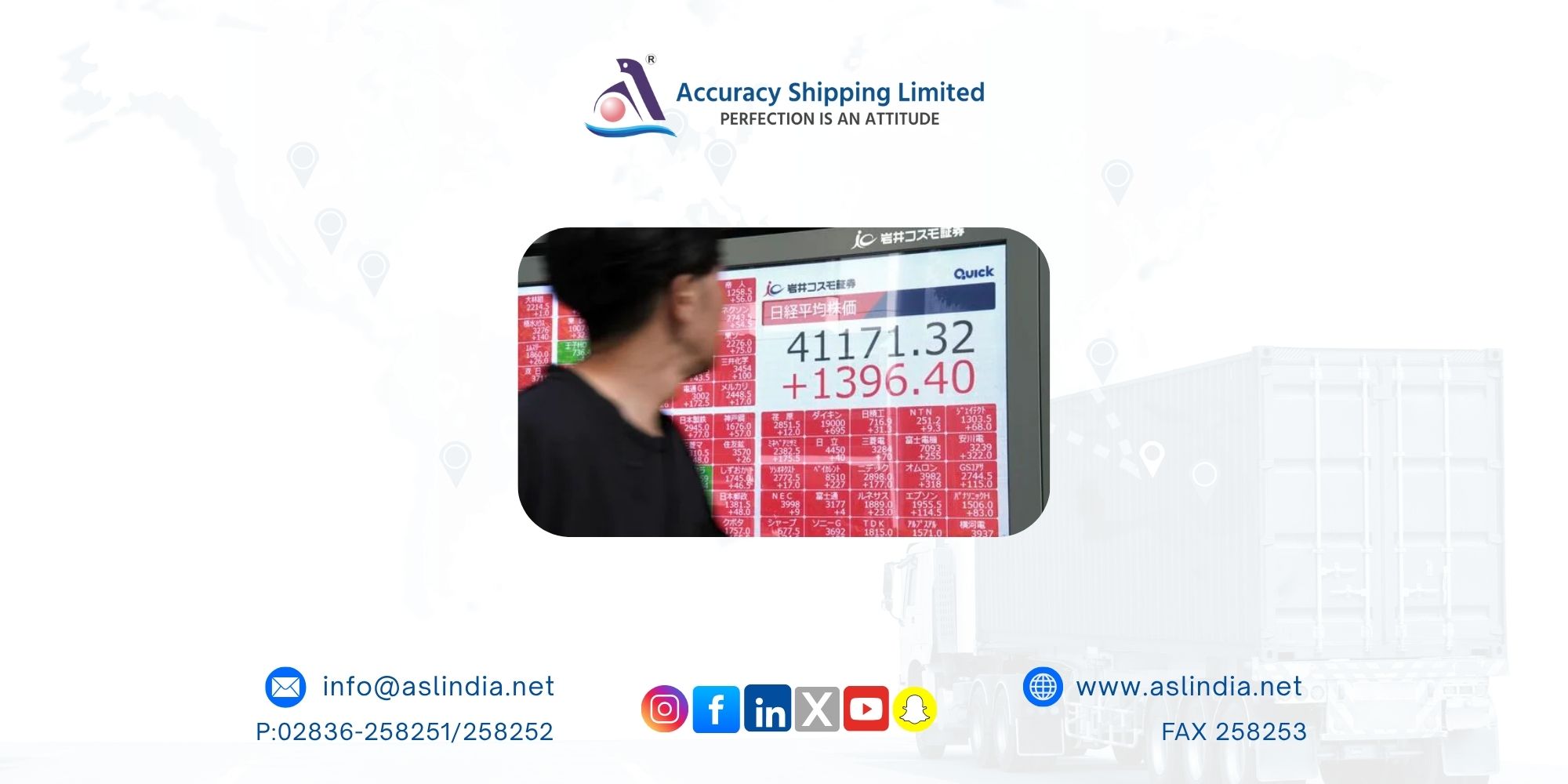Lloyd’s Register unveils roadmap for nuclear-powered shipping

Paving the Way for Zero-Carbon Maritime Solutions
As the maritime industry intensifies efforts to achieve long-term decarbonisation, Lloyd’s Register (LR) has unveiled what it calls the first comprehensive roadmap to guide the safe and responsible adoption of nuclear propulsion in commercial shipping. The initiative comes amid growing interest in innovative energy solutions capable of enabling deep-sea operations with minimal environmental impact.
Navigating Nuclear Energy in Maritime
The newly released document, titled Navigating Nuclear Energy in Maritime, was developed in collaboration with Global Nuclear Security Partners (GNSP) and marine insurer NorthStandard. It provides shipowners, operators, and regulators with a structured pathway to explore the use of nuclear energy from vessel design and regulatory approvals to insurance mechanisms and crew competency standards.
Small Modular Reactors: A Viable Route
LR emphasises that nuclear technology, particularly small modular reactors (SMRs), could offer a scalable, zero-carbon solution for deep-sea shipping. However, the classification society cautions that a global framework for safety, regulation, and liability is yet to be established, underscoring the need for coordinated international efforts.
Bridging Regulatory Gaps
The guidance highlights the critical roles of the International Maritime Organization (IMO) and the International Atomic Energy Agency (IAEA), calling for alignment between nuclear and maritime regulatory standards. Key considerations covered in the roadmap include safety classification, structural integrity, environmental impact, and the development of comprehensive nuclear safety cases. It also addresses both physical and cyber security measures, alongside operational and financial requirements such as emergency response planning, crew qualifications, and insurance models.
Insurance and Liability Challenges
NorthStandard contributed insights on insurance and liability, noting the complexities of covering nuclear-related risks under existing P&I pooling systems. Mark Tipping, LR’s Global Power to X Director, highlighted that nuclear propulsion could become a practical and zero-carbon energy option for shipping if supported by robust cooperation among regulators, operators, insurers, and the public.
Supporting Early Adoption
The roadmap builds on LR’s earlier Fuel for Thought: Nuclear research and aims to assist early adopters in navigating the technical, safety, and financial challenges of bringing nuclear-powered vessels to the seas. By providing a structured approach, LR seeks to accelerate the maritime industry’s journey toward sustainable, zero-carbon operations.
Conclusion
As shipping faces mounting pressure to decarbonise, LR’s nuclear roadmap represents a bold step forward. By offering detailed guidance for safe and responsible nuclear adoption, it opens the door to a future where nuclear-powered vessels may redefine deep-sea transport, balancing efficiency, sustainability, and safety.







